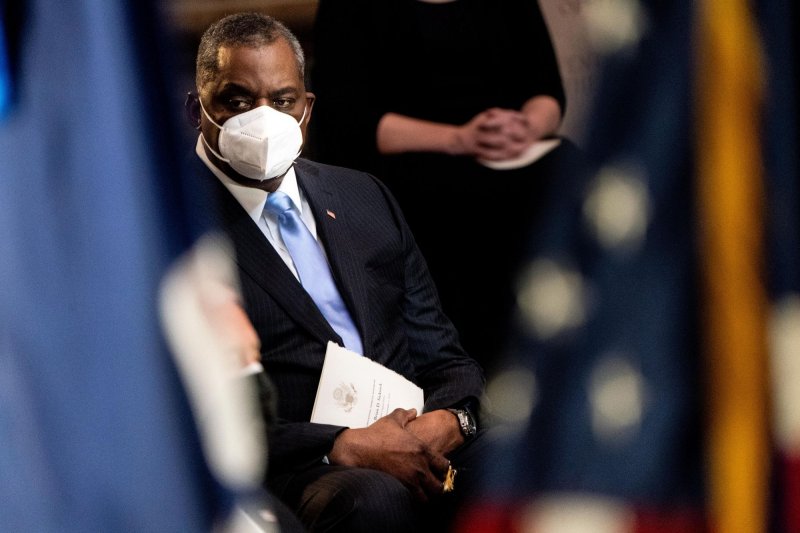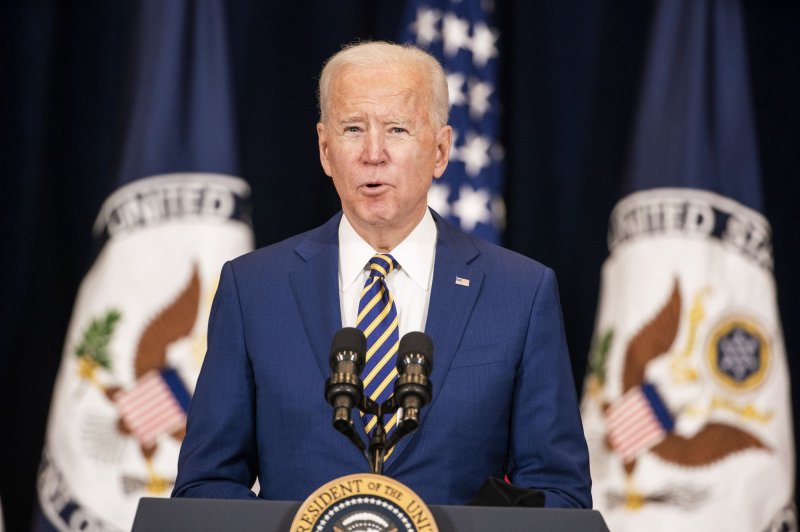YOU WILL FIND ORGANIZED WHITE POWER
CELLS IN PRISON AND THE MILITARY

Defense Secretary Lloyd Austin attends a congressional tribute on Wednesday to the late Capitol Police Officer Brian Sicknick who died from injuries sustain protecting the Capitol building from a mob breaching the facility on Jan. 6. Pool Photo by Erin Schaff/UPI |
Feb. 4 (UPI) -- Secretary of Defense Lloyd Austin said he has ordered a military-wide stand down over the next 60 days to deal with extremism in the military's ranks after active and former military personnel participated in the mob that stormed the Capitol building last month.
"Today, I met with senior leaders to discuss extremism in the military. As a first step, I'm ordering a stand down to occur over the next 60 days so each service, each command and each unit can have a deeper conversation about this issue," he said in a statement. "It comes down to leadership."
Pentagon Press Secretary John Kirby told reporters during a press conference Wednesday that details of the military pause, such as what training service members will undergo and what exactly the goals the military seeks to accomplish are, need to be hammered out.
The purpose of the stand down, however, will be to reinforce the Pentagon's policies and values and to start a two-way conversation between the troops and leadership about extremism, Kirby said.
The meeting between Austin, Joint Chiefs of Staff Chairman Mark Milley and other military leaders was "an initial discussion" and the issue of extremism and White supremacy within the military, Kirby said.
Austin told the military leaders that the vast majority of those who serve in uniform do so with honor and integrity but no matter how few espouse such beliefs that led to the Jan. 6 storming of the Capitol it is an issue that needs to be addressed.
"No matter what it is, it is ... not an insignificant problem," Kirby said.
Austin, who is the first Black American to lead the Department of Defense, is still considering how he wants to attack the issue of extremism from an institutional perspective, and he may establish a task force to do so.
"He hasn't ruled anything in or out," Kirby said.
The order was made nearly a month after supporters of former President Donald Trump stormed the Capitol building to stop the certification of President Joe Biden's election win, resulting in five deaths, including that of former Air Force veteran Ashli Babbitt, who was shot and killed by a Capitol Police officer as she breached the building.
Several other former and active military have been identified among the mob, including some who now face charges for participating in the insurrection.
















